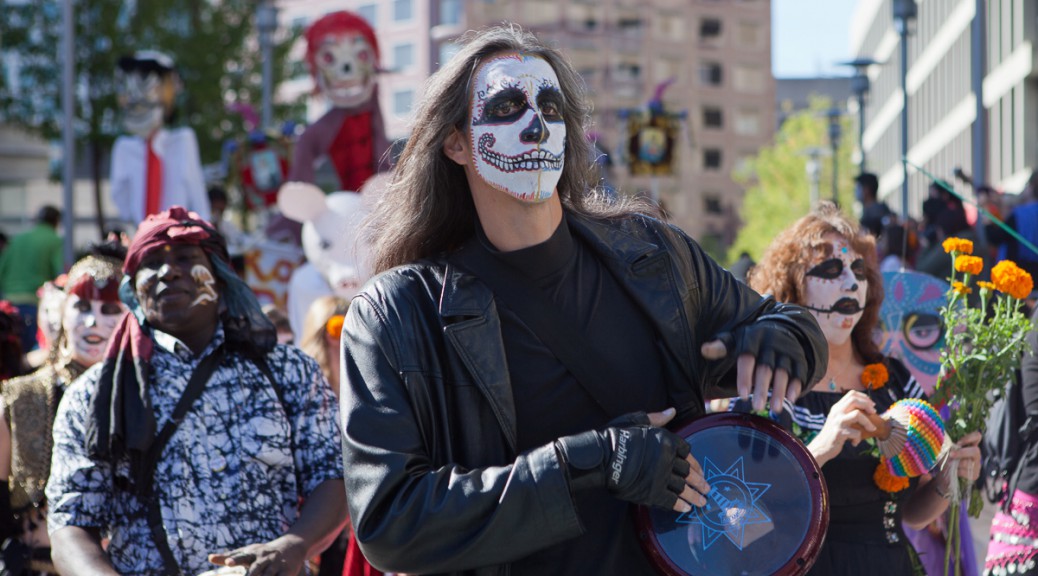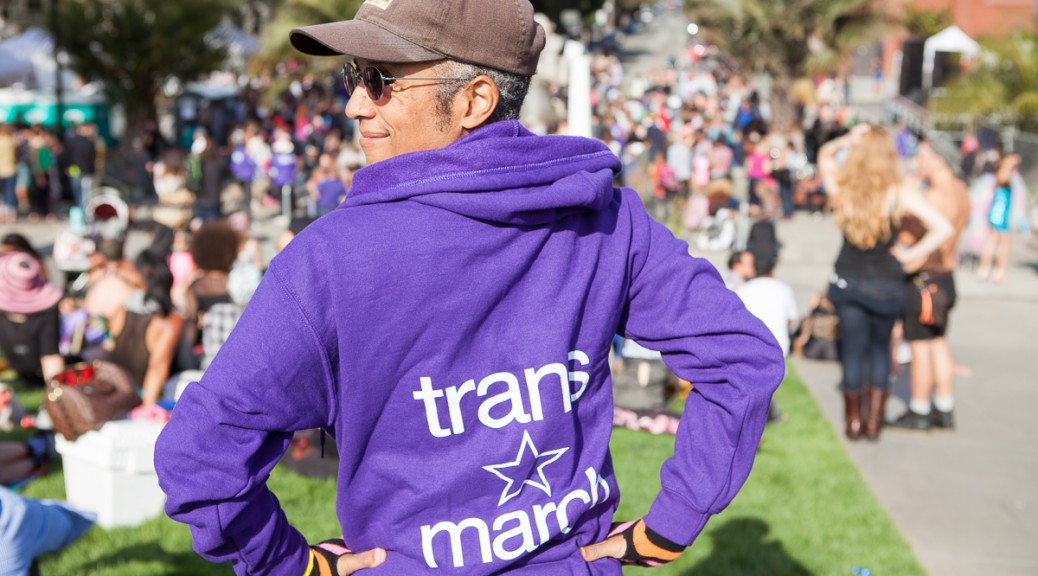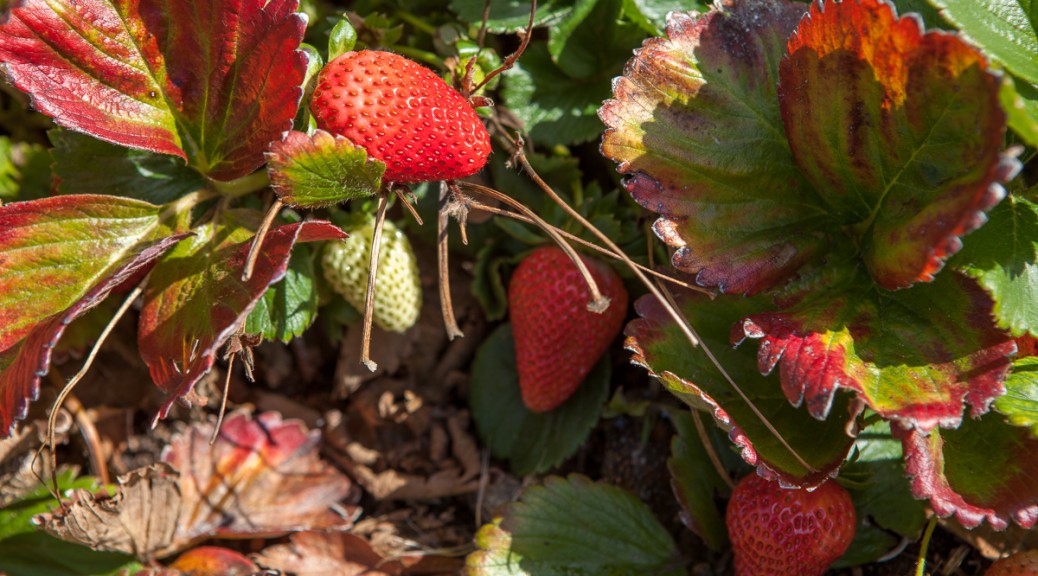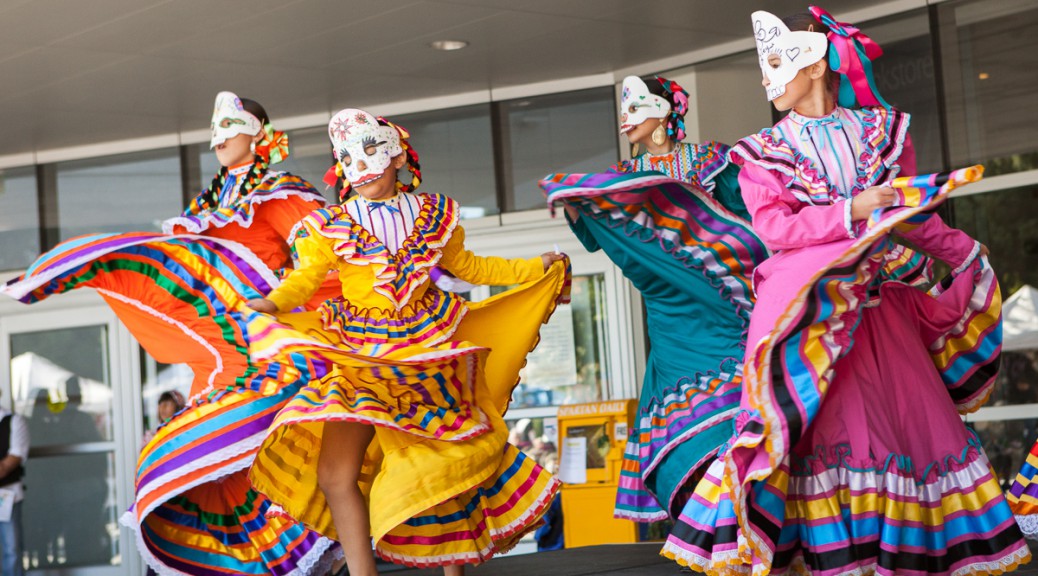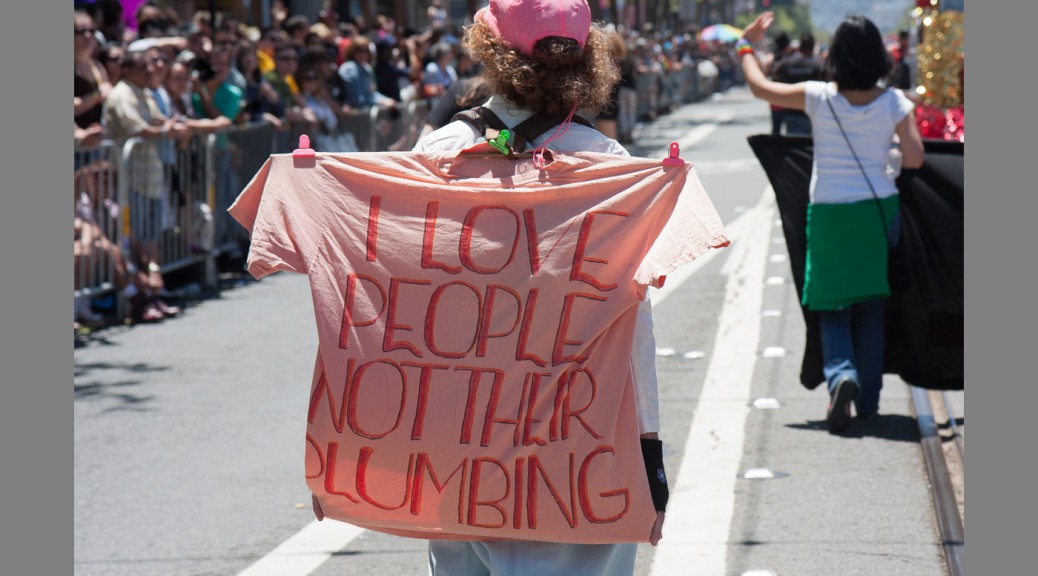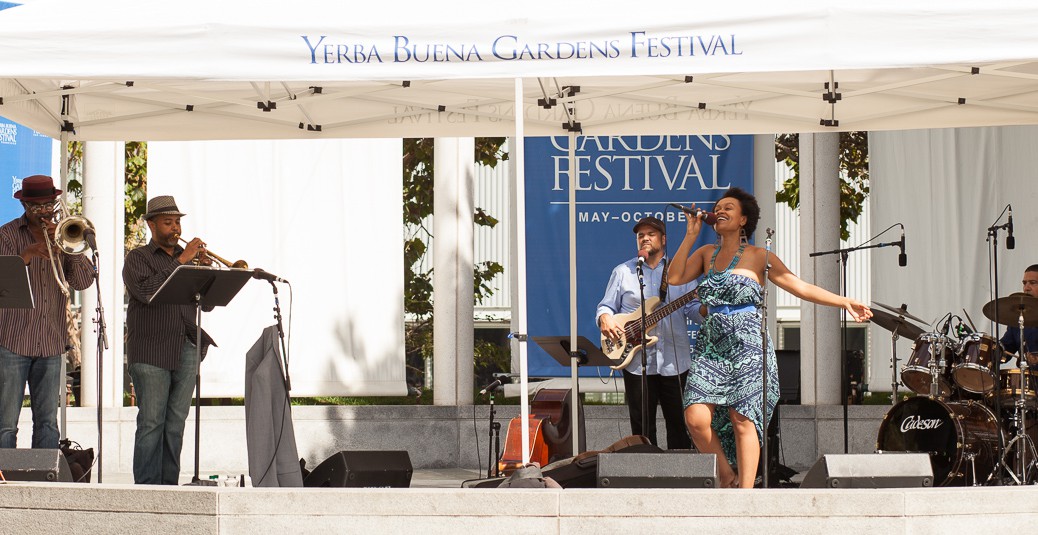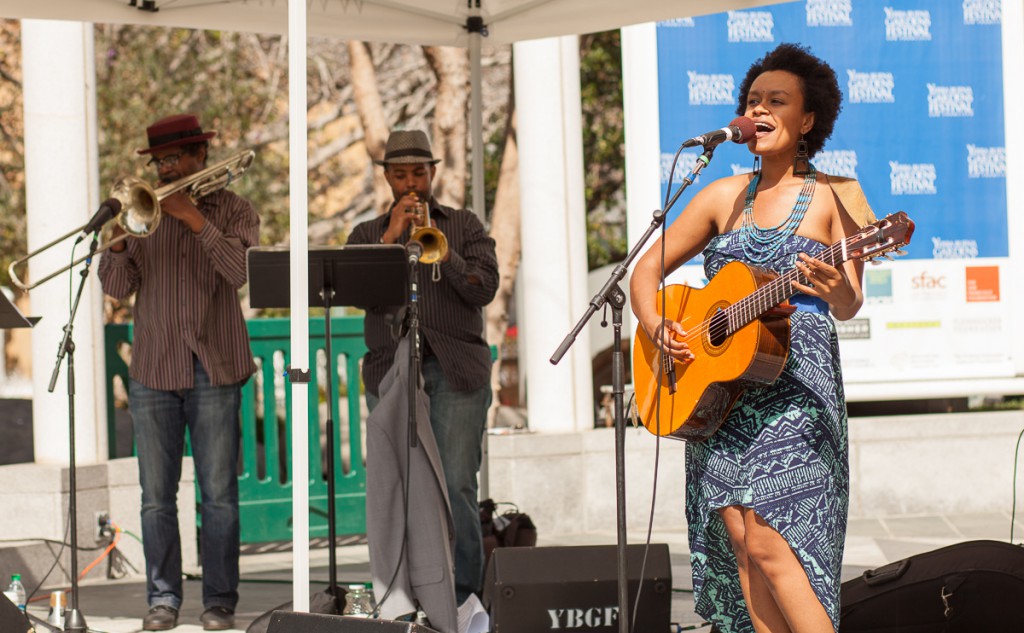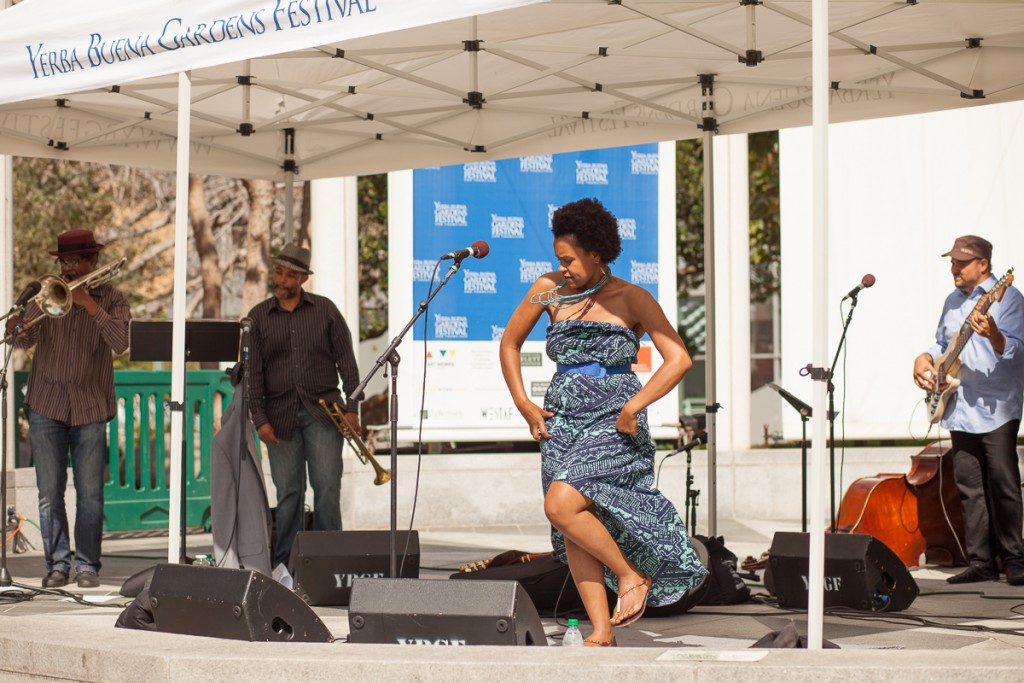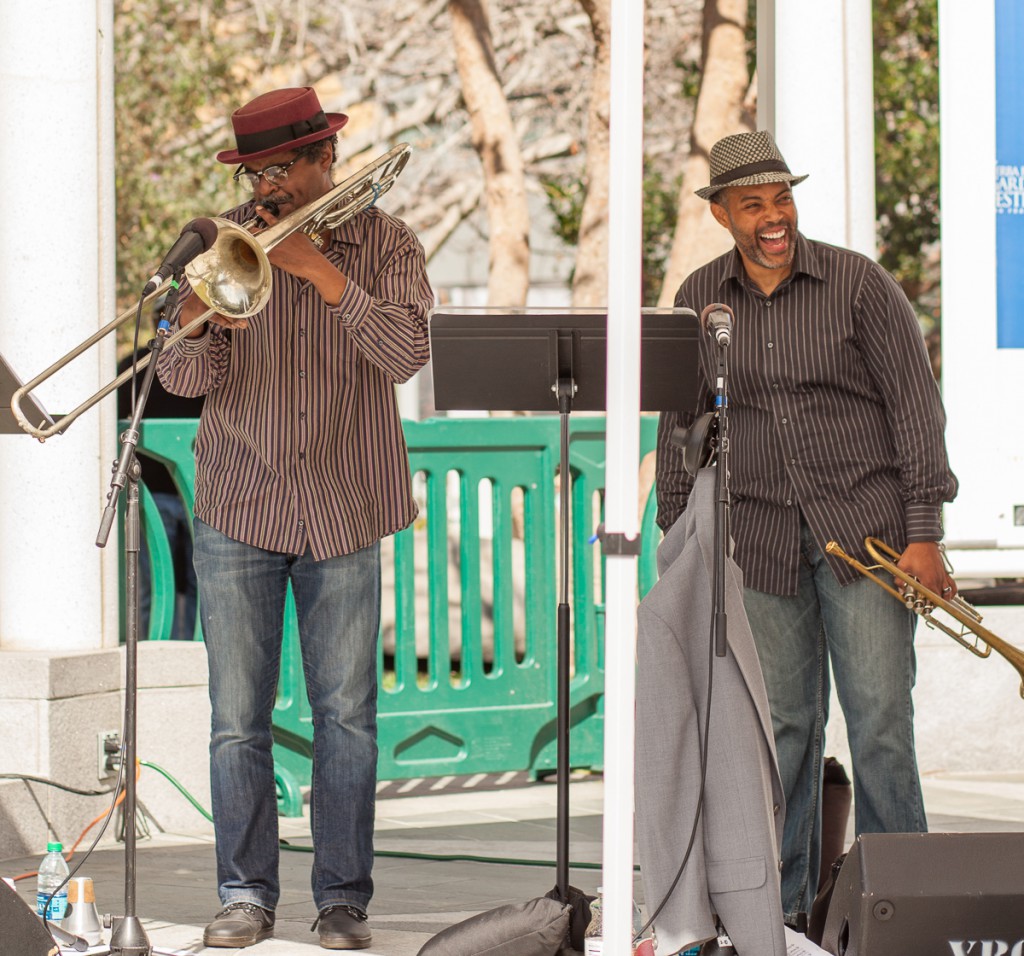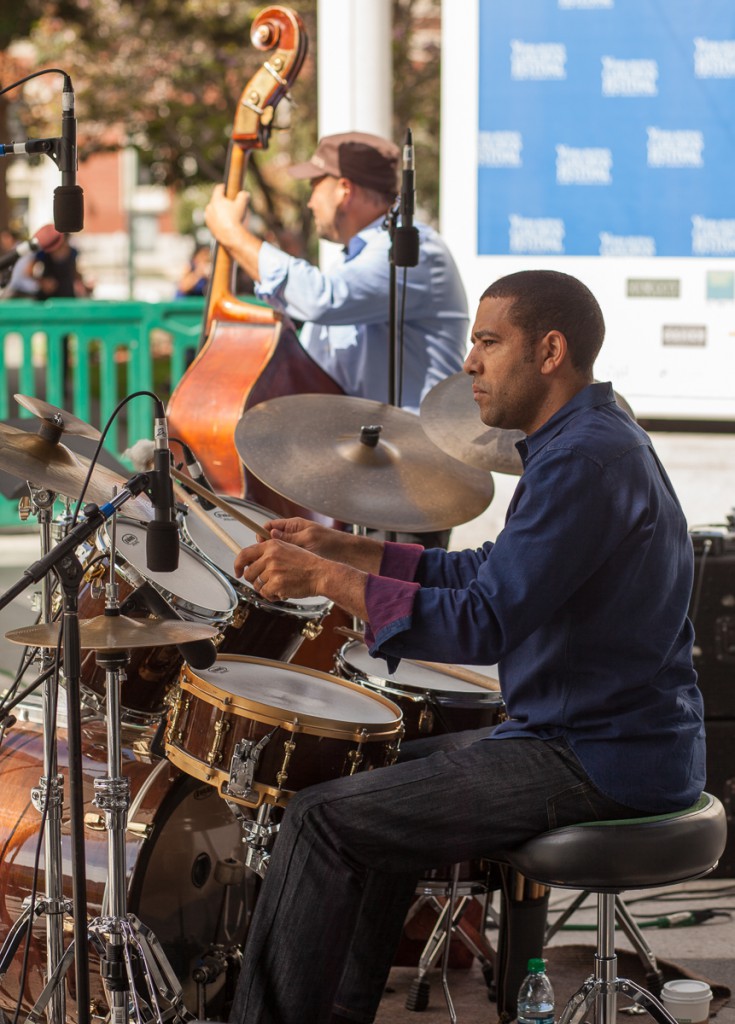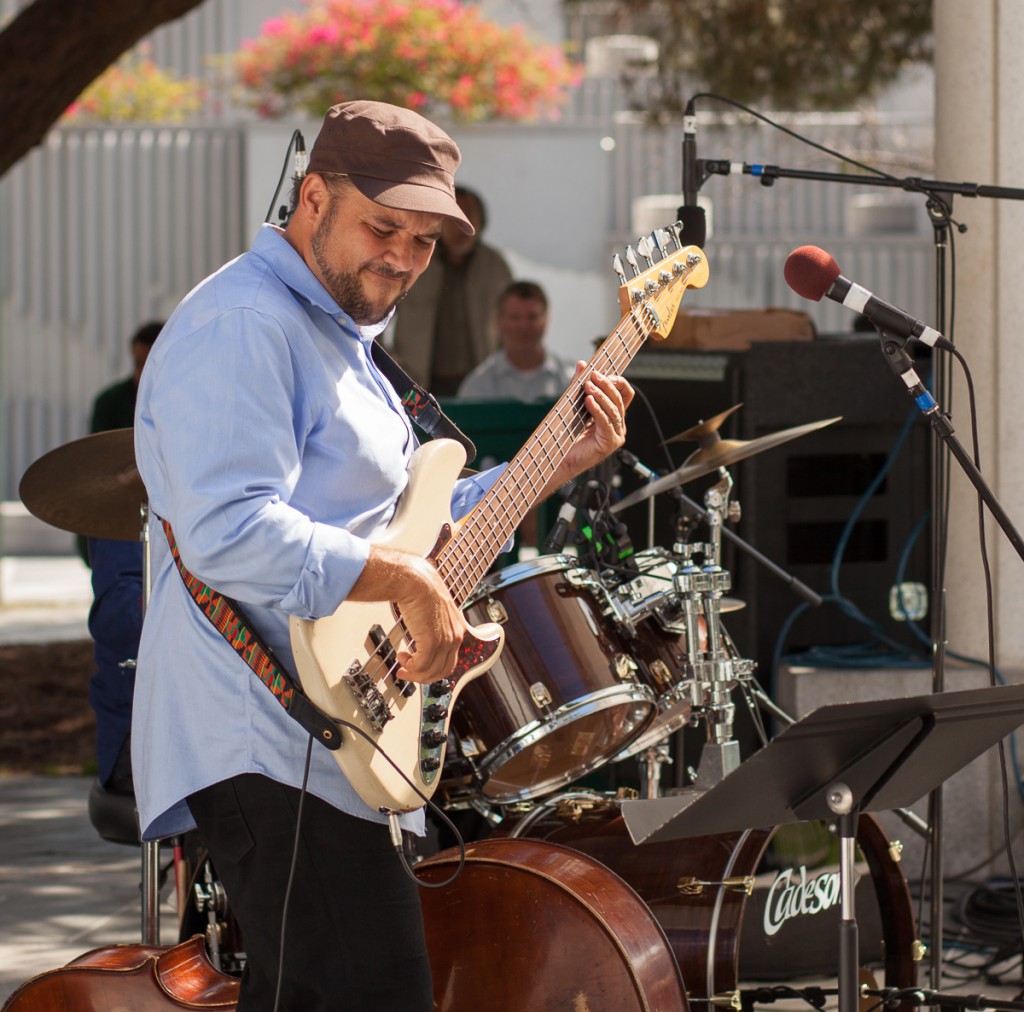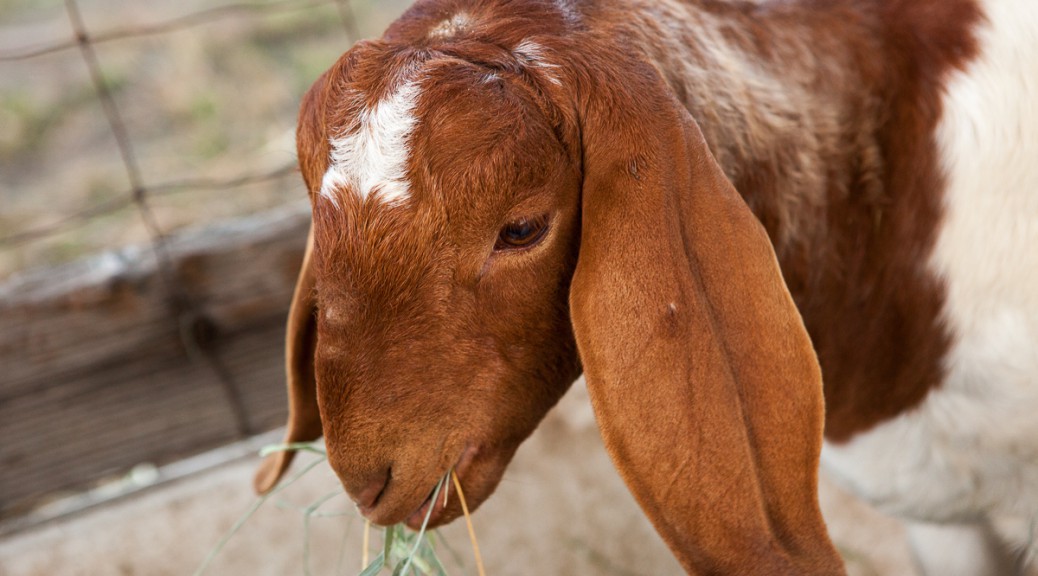I’ve been quiet for the last week because I came down with the flu. This one hit me hard enough to keep me offline almost entirely for two days, which is very unusual for me. My temperature got above 103 before my fever broke. (I do have a history of high fevers.) I don’t get flu shots anymore because I’m not in a high-risk category, and two of the three times I did get a shot (when I worked at a health sciences university that strongly encouraged them and provided them for free) I got the flu anyway.
Some vegans are afraid to admit when they get sick because of the false idea spread by many health-oriented vegans that eating a plant-based diet prevents illness. I’ve frequently read people bragging that they haven’t had the slightest sniffle since giving up animal products. If others get sick, they must not be “pure” enough. They need to eat a whole-foods diet, or better yet, a raw diet, or have a juice cleanse, or otherwise purge their system of all pollutants, and then they’ll never get sick again.
Illness doesn’t work that way. It can strike anyone without warning, even those of us who lead very healthy lifestyles. The creator of the FatFree Vegan Kitchen web site wrote a moving piece about being diagnosed with cancer despite following a lowfat, whole-foods plant-based diet. Sometimes these kinds of confessionals end in the author tearfully saying goodbye to their vegan diet, but this was not one of those cases; she wrote, “So if you’re reading this and worrying that I’m going to be another vegan blogger who goes back to eating animals for her own health, don’t. No diagnosis in the world could convince me to eat another animal or animal product.” (Emphasis in original.)
Some vegans get very sick, and some non-vegans live long, robust, illness-free lives. This is why I do not use human health benefits to promote veganism. The only person whose health is guaranteed to be harmed by a non-vegan diet is the animal whose flesh, milk, or eggs are on the plate. When we realize that their desire to live is as strong as ours, we will stop eating them for their sake, not for ours.
Another form of vegan health shaming is criticizing those who use pharmaceuticals containing animal products or tested on animals. I am opposed to all forms of animal use, but I recognize that in a deeply speciesist world, animal products are so ubiquitous that in some cases their use is unavoidable. If a person can avoid death or serious health consequences by using animal-derived or tested products, I will not condemn them for it. It would be better for them to live and become activists for animal liberation, working toward a time when no animals are used as ingredients or imprisoned in laboratories. This is consistent with my stance on those who “fail to thrive” on a pure vegan diet.
Regardless of diet or philosophy, the number one thing that people who do get ill need is rest, and in the USA that commodity is in short supply. Employers don’t give adequate sick leave, and advertisements abound for over-the-counter medications to allow people to mask their symptoms and keep working, thus spreading their germs to everyone else in the office. Whether self-employed or working for an employer, working while sick is considered a virtue, and for many, unfortunately, is a financial necessity.
I’m fortunate that I always had enough sick leave during my fifteen years of full-time employment. Part of why doing hired photo gigs didn’t work out for me was that if I became ill I either had to work sick, find a replacement, or lose the gig. Replacements don’t work out so well when you’re doing a job that relies on your unique creative vision and process. I ended up shooting my first wedding with a stomach bug (which I’d determined was non-contagious, but did make for a miserable day.)
Our health is the most important asset we have. We should work to make nutritious food available and affordable to everyone, but recognize that even with the healthiest possible diet and exercise program, some will fall ill. Those who do need the time and support for true recovery. There’s no shame in being sick.
Like this:
Like Loading...
